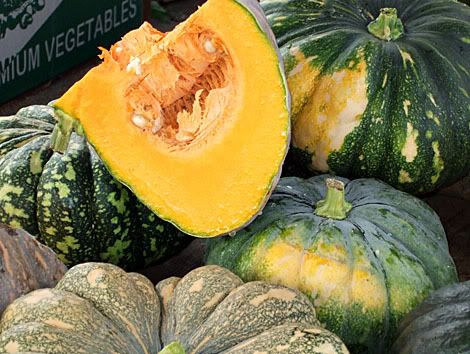
Planted in all warm countries.
Constituents
• Phytochemical screening yielded carbohydrates, steroids, proteins and amino acids.
• Fruit contains fat, 10%; pentosan, 5.2 %; protein, 14.2%; and ash, 9/3%.
• Seeds contain fixed oil, 20-25%; a proteid, edestin. The seed's active principle is a pepo-resin found in the cotyledons.
• Curcurbitin, a constituent in pumpkin seeds has shown anti-parasitic activity in the test tube.
• Seed extract yielded carbohydrates, saponins, and flavonoids.
Properties
• Considered anti-inflammatory, antipyretic, diuretic, tonic, vermifuge.
• Considered antidiabetic, antioxidant, anticarcinogenic.
Parts used
Fruits, seeds, stalk.
Uses:
• In India, fruit pulp is often used as poultice for carbuncles, boils and ulcers.
• Dried pulp, in the form of confection, used as remedy for hemoptysis and hemorrhages from the pulmonary tract.
• For venomous insect bites, the fruit stalk in contact with the ripe gourd is cut, dried, and made into a paste and applied to venomous insect bites, especially centipedes.
• The fresh seeds, pulped or in emulsion, are used as antihelminthic. Seeds are eaten fresh to expel worms from the stomach. For tapeworms, seeds are given with sugar at bedtime, followed with a dose of castor oil in the morning.
• Seed oil used as nervine tonic.
• In Brazil, pumpkin seeds are used for stomach pain, as antiinflammatory, antipyretic and anthelminthic.
• In China, pumpkin seeds have been used for acute schistosomiasis.
• In Thailand, seeds used for kidney stones.
Others
• Seed contains an oil. Used for lighting.
• Fruit can provide a face-mask for dry skins.
No comments:
Post a Comment